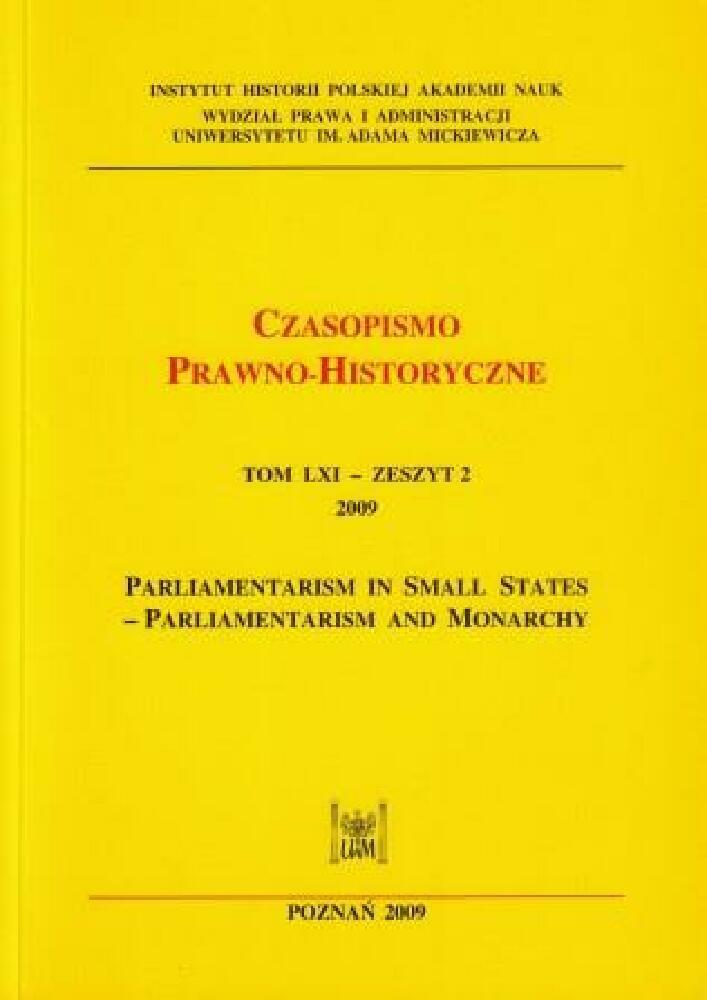Abstrakt
Warmia, within the Teutonic State, functioned as a separate judicial area administered by the “Landrichter” as well as four to twelve elected land assessors (“Landschöffen”) originating from nobility, freemen (“Freie”) and village administrators. They were, in fact, the officials constituting the core of the estate representation of the Bishopric.
The formation of the Warmian estate representation was a long-lasting process, however, it was the first quarter of the 15th century that marked its real beginning. After a defeat of the Order at Grunwald, the Teutonic State, seeking financial support, started to summon delegates from its territories to make them agree to impose taxes. It was not until 1412 that the Warmian estates appeared at all-Prussian representative forums. The first written mention of a purely Warmian estate assembly can be traced to the year 1425; however, the debate concerned matters of all the Teutonic States. It took place on the initiative of the Warmian bishop Franciszek Kuhschmalz and was thought to pass a tax to strengthen the value of the Prussian coin. The Warmian estates gave their consent under the condition that in the future Grand Masters would not be allowed to make similar demands on the bishop.
Finansowanie
Digitalizacja i Otwarty Dostęp dofinansowane przez Ministra Edukacji i Nauki w ramach umowy nr BIBL/SP/0002/2023/1
Licencja
Copyright© 2009 Wydział Prawa i Administracji UAM w PoznaniuOPEN ACCESS




